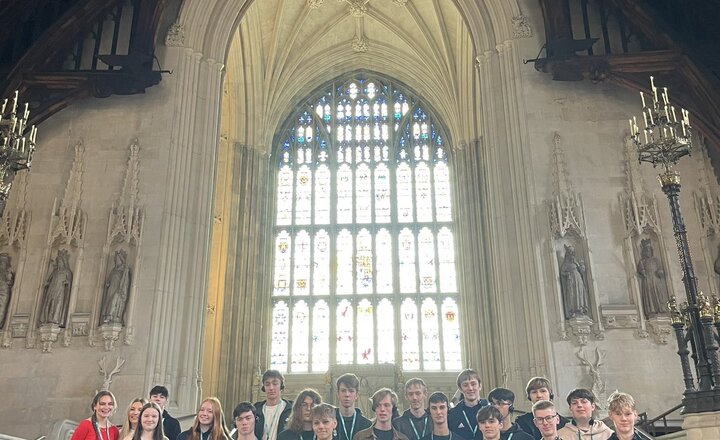The Humanities curriculum area comprises History, Geography and RE and also includes Government and Politics and Philosophy and Ethics. To support the wide curriculum offered, the department organises many varied educational visits to see the natural world first hand or deepen understanding of historical events. In recent years this has included trips to Iceland, Italy and the Belgian battlefields. The Humanities area also organises successful, enjoyable and thought-provoking RE ‘Stop Days’ where students spend a whole day off timetable looking into moral, religious and ethical issues in greater depth.
Key Stage 3 overview
Geography
The Geography curriculum at 91勛圖厙 aims to ensure pupils:
- Build their core knowledge of the world to provide context for their wider studies.
- Improve understanding of the key geographical concepts and generalisations to include a variety of processes and perspectives.
- Develop procedural knowledge of fieldwork, decision making and problem solving. Geographical approaches taken will allow students to see the unique context of places and the relationships between physical and human factors as well as between places at differing scales.
- Question the world around them and be able to handle and communicate different types of data in several ways.
History
The History curriculum at 91勛圖厙 is intended to:
- Stimulate enthusiasm for the subject and an interest in the past.
- Enhance students’ knowledge and understanding of how past events have shaped today’s world, on local, national and global scales.
- Develop key skills such as analysis, critical thinking, producing structured accounts, evaluation of evidence, independent enquiry, and the ability to construct balanced and well-reasoned arguments. Students will also gain a strong understanding of concepts such as causation, continuity and change, interpretation, be able to make connections and draw contrasts, and confidently and critically use historical sources and interpretation. These skills will enable students to engage with contemporary issues, for example politics, and help to prepare them for the next stage of studying and their lives.
RE
The RE curriculum at 91勛圖厙 is intended to:
- Provoke challenging questions about the meaning and purpose of life, beliefs about God, the self, issues of right and wrong and what it means to be a human.
- Enhance students’ knowledge and understanding of Christianity and other world faiths and secular views. Understand how Britain is traditionally Christian but has developed as a multi-faith and multi-cultural country, and examine religion in a local and wider context. RE contributes to pupils’ personal development and well-being and to community cohesion by promoting mutual respect and tolerance in society.
- Develop key skills such as philosophical thought, decision making skills, collaboration and independent working skills, the ability to compromise and conflict resolution. Creates opportunities for student to develop their skills of dialogue, interpretation and analysis, and the ability to construct balanced and well-reasoned arguments. Students also have the opportunity to engage with contemporary, contentious issues, developing cultural, political philosophical and historical awareness. Students will also learn to respect others and themselves, understand their own identity, and understand their own and others’ rights and responsibilities.
You will find below an overview of our Humanities curriculum and presentations highlighting the many careers opened up by studying these subjects.
Humanities Curriculum and Related Careers Information
Related News
Year 7 Learn Fair Trade Principles


